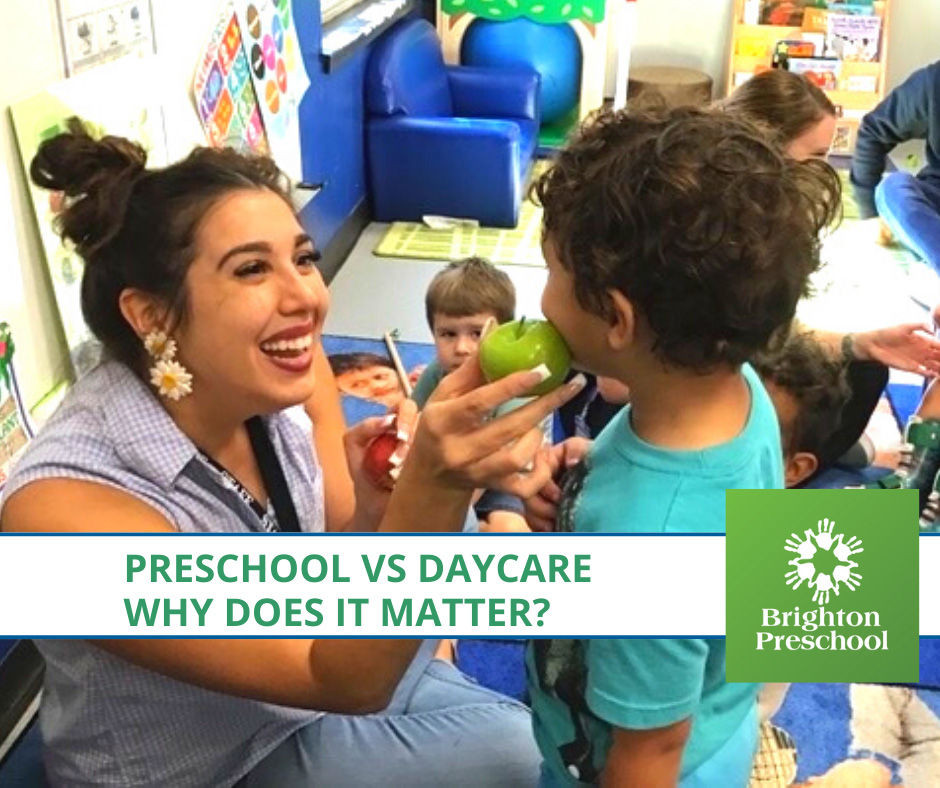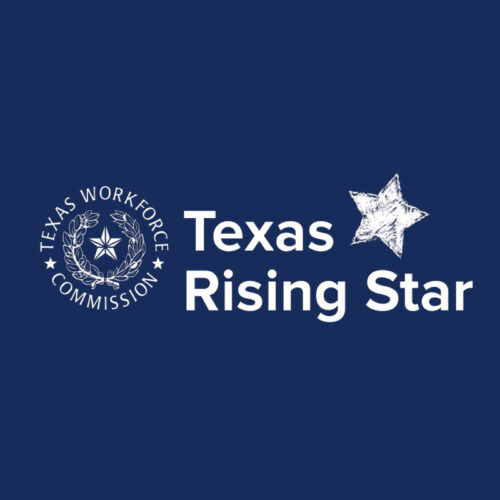It’s not uncommon to interchange the terms Daycare and Preschool, but there are significant differences between the two. These differences can have big impact on the quality of your child’s early education. Even amongst Daycares, there are important distinctions to understand. Knowing the differences between a Daycare vs Preschool can help you make the best choice for your child’s future.
Brief History
The most searched term on the internet for early child education is actually “daycare”. We are still typing that into search engines to find the best place for children during the day while families are at work. Daycare, in the form of “creches,” appeared in France around 1840, mainly as a charitable means of caring for infants of working-class women. The first daycare center in Great Britain was started in 1860, and in New York private charities established one in 1854.
Why does this matter?
Knowing all about daycare matters because there is a range of quality in daycare and QUALITY MATTERS. When your child attends a high-quality child education center or home, studies have shown children score higher on tests of language, memory, and other skills than children of stay-at-home parents or children in lower-quality daycare. High quality daycare may help to ensure adequate early childhood education for children of less skilled parents and enable children to develop socially in ways that would be impossible at home. From a family perspective, high quality early childhood education complements good parenting.
What types of daycare are out there?
Home based daycares are operated by a single individual out of their home. This is often a stay-at-home parent who wants to supplement their income while staying home with their own child. In the state of Texas, it is important to choose a Registered, Licensed Homecare Provider. This means the individual meets all the state’s minimum standards for quality care in the home. State officials conduct audits and post reports of visits to these homes online.
Non-profit daycares are usually affiliated with churches or schools and have structural advantages over for-profit childcare. Rents can be lower, locations are in schools and they can raise funds to offset rising tuition costs. Most non-profit childcare options are small operations or stand alone in the community.
For-profit daycare centers can be a variety of structures. Some large corporations provide daycare as a benefit for their employees. This type is usually located in the parent’s workplace to be more convenient and increase employee attendance. Other for-profit childcare includes franchises and large companies offering the same type of facilities and curriculum across multiple sites, cities, and states. A study in Australia concluded that daycare centers run by corporate chains provided the lowest quality care when compared to community-based and independent private and/or non-profit centers.
What is Preschool?
Preschool is a more structured and scholastic program for young children. Preschools offer children the opportunity to socialize in an academic setting. High quality preschools don’t just take care of the days as in “daycare”. High quality preschools prepare children for school and life through positive skill building and the early building blocks of math, science, language, reading and writing. Excellent preschool has a well-maintained environment where children can play inside and outside. Children need hands on learning and need to be able to explore materials on low shelving inside beautiful classrooms. Another benefit to children in high-quality preschools is a predictable routine. Most importantly, children need opportunities to talk eye to eye with teachers while those educators expand children’s learning through conversations. The preschool must have a low number of students in each class and two teachers to have these great one-on-one interactions.
Daycare vs Preschool
Investing in high-quality early education for your child has a long-lasting impact on their education. Often, families find cost as prohibitive to enrolling in high quality preschools and childcare centers. The State of Texas provides a childcare subsidy, and many non-profit centers provide tuition assistance for families in need. Taking the time to find a high-quality education center that is affordable or a program that can subsidize the cost is well worth the effort. Again, QUALITY MATTERS. Finding a center with low teacher to child ratios, teachers with college level education, and well-maintained enhanced environments is the right recipe for your child’s success.









